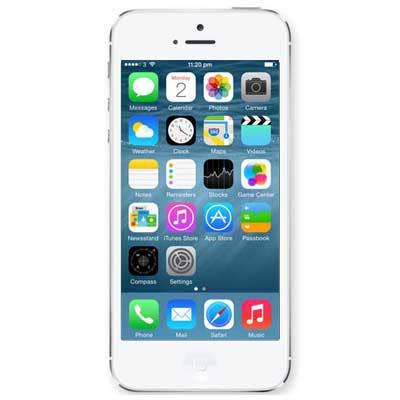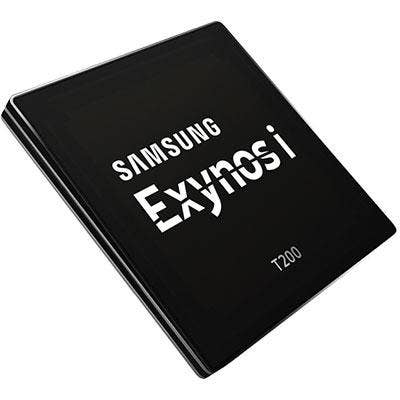5 Companies That Had A Rough Week

The Week Ending Feb. 9
Topping this week's roundup of those having a rough week is Apple, which took a hit after its iOS source code for the iPhone leaked on the web.
Also making the list this week are Cisco, which needed to re-issue a fix for a recently disclosed software security vulnerability; Intel, which was bested by Samsung as the dominant company in the semiconductor market in 2017; Broadcom after its revised $121 billion buyout bid for Qualcomm was unanimously rejected by Qualcomm's board; and Google, which was sued this week by Edible Arrangements for more than $200 million because it was allegedly unfairly prioritizing competitors' goods in its search results.
Not everyone in the IT industry was having a rough go of it this week. For a rundown of companies that made smart decisions, executed savvy strategic moves – or just had good luck – check out this week's 5 Companies That Came To Win roundup.

Apple's iPhone Source Code Leaks
Apple took a major security blow this week after iOS source code for the iPhone reportedly was leaked on the web. The purported iPhone operating system code was posted on code-sharing site GitHub and was reportedly removed after a request from Apple that cited copyright law. The exposure of the code raises the risk of hacking activity related to Apple's iPhone.
The iOS system code leak is the latest security issue for Apple, which also dealt with a bug in macOS High Sierra that allowed access simply by typing in the username "root," as well as the so-called "Fruitfly" malware, which could be used for such surveillance activities as taking webcam photos and capturing keystrokes.

Cisco Says Initial Fix For Security Vulnerabilities Are 'Incomplete'
Apple wasn't the only company dealing with a security blow this week – Cisco said that the initial fix for a recently disclosed software security vulnerability was incomplete, and that the company is now making available a new, fixed code.
"After further investigation, Cisco has identified additional attack vectors and features that are affected by this vulnerability," the company said in a security advisory issued Monday. "In addition, it was also found that the original fix was incomplete so new fixed code versions are now available."

Intel Toppled By Samsung As Top Chip Manufacturer in 2017
Newly released data showed that Intel has been toppled from its spot as the leader in the global chip market by competitor Samsung.
The change – which marks the first time since 1992 that Intel is not in the top spot – stems in part from the fact that memory prices were higher due to a supply shortage. Samsung's semiconductor division generated $69.1 billion in annual revenue in 2017, topping the $62.8 billion in annual revenue generated by Intel, according to the companies' respective financial reports.
"The largest memory supplier, Samsung Electronics, gained the most market share and took the [No. 1] position from Intel," said Andrew Norwood, research vice president at market research firm Gartner, in a statement.

Broadcom's $121 Billion Bid for Qualcomm Unanimously Rejected
Broadcom's buyout bid for Qualcomm fell apart after Qualcomm's board of directors issued a statement, Thursday, saying that they are "unanimously" rejecting the $121 billion offer.
Broadcom had recently revised its offer, increasing it from the initial offer of $70 per share. The Qualcomm board in a statement told Broadcom that "your proposal ascribes no value to our accretive NXP acquisition, no value for the expected resolution of our current licensing disputes and no value for the significant opportunity in 5G. Your proposal is inferior relative to our prospects as an independent company and is significantly below both trading and transaction multiples in our sector."

Google Sued By Edible Arrangements For $209 Million
Popular food service company Edible Arrangements has sued Google for more than $200 million, alleging that its competitors' goods were unfairly prioritized in search results.
According to the complaint, filed Monday, when consumers search Google using the term "Edible Arrangements," Google's results treat that search as generic edible arrangements – including Edible Arrangements' competitors' goods.
"Defendant’s repeated and intentional placement of advertisements for Plaintiffs’ competitors in prominent locations throughout search results for ’Edible Arrangements,’ … is likely to cause confusion as to whether Plaintiffs’ products and services are affiliated with, originate from, and/or are endorsed by these competitors," said the complaint.